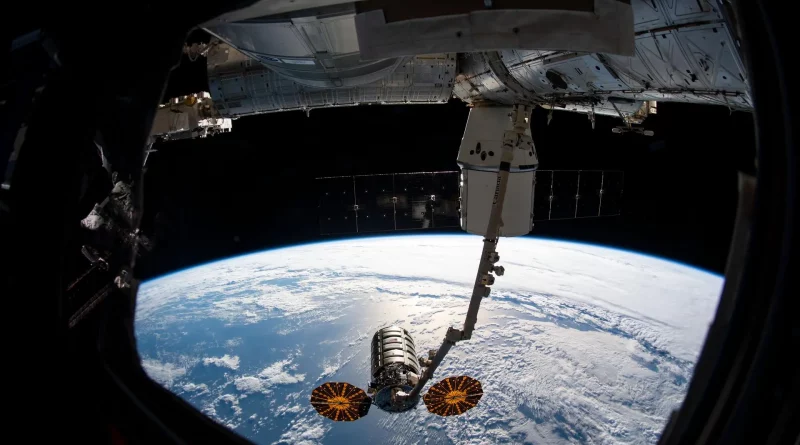Low Earth Orbit Research and Development Workshop
The Biden-Harris Administration encourages using Low Earth Orbit (LEO) as a unique environment to address global challenges in science, medicine, manufacturing, communications, agriculture, and national security. In March, the Biden-Harris Administration released the National Low Earth Orbit Research and Development Strategy, highlighting the value of building partnerships and sharing findings from space-based research and development (R&D) across the federal government and with nongovernment research communities.
This week, federal departments and agencies gathered at a workshop to explore opportunities and potentially pivotal programs for collaborative LEO research. At the workshop, federal departments and agencies showcased their commitment to strengthen coordination on high-impact LEO ventures by:
Coalescing efforts through a LEO National Laboratory as one of many customers of commercial space products and services; planning and preparing diverse research ideas, including biomanufacturing, tissue engineering, and studying immune cell aging, to sustain a U.S. presence in LEO in advance of the planned retirement of the International Space Station;
Discussing safety protocols and standards to ensure timely access and flight safety to, within, and through LEO and working closely across the federal government to develop innovative solutions to enhance space situational awareness, reduce operational risks, and enable faster emergency response.
This workshop enabled new ideas for developing LEO, provided opportunities for R&D on novel concepts, and encouraged forming new teams within the federal government. As we continue this work, the United States will expand opportunities to remain the global leader and partner of choice for orbital platforms for decades.

